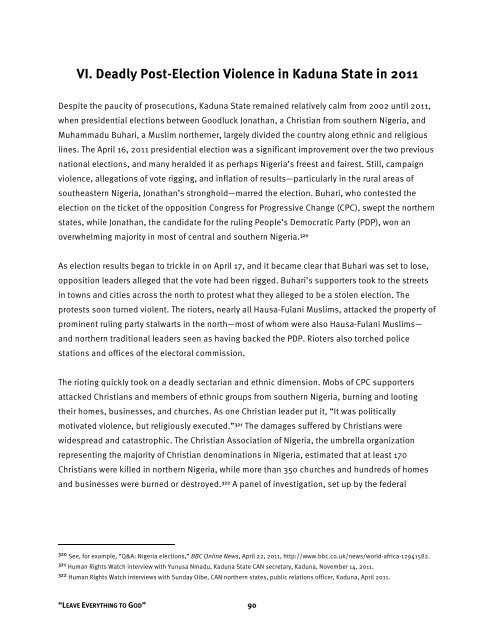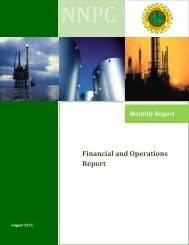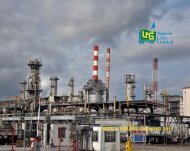Create successful ePaper yourself
Turn your PDF publications into a flip-book with our unique Google optimized e-Paper software.
VI. Deadly Post-Election Violence in Kaduna State in 2011<br />
Despite the paucity of prosecutions, Kaduna State remained relatively calm from 2002 until 2011,<br />
when presidential elections between Goodluck Jonathan, a Christian from southern Nigeria, and<br />
Muhammadu Buhari, a Muslim northerner, largely divided the country along ethnic and religious<br />
lines. The April 16, 2011 presidential election was a significant improvement over the two previous<br />
national elections, and many heralded it as perhaps Nigeria’s freest and fairest. Still, campaign<br />
violence, allegations of vote rigging, and inflation of results—particularly in the rural areas of<br />
southeastern Nigeria, Jonathan’s stronghold—marred the election. Buhari, who contested the<br />
election on the ticket of the opposition Congress for Progressive Change (CPC), swept the northern<br />
states, while Jonathan, the candidate for the ruling People’s Democratic Party (PDP), won an<br />
overwhelming majority in most of central and southern Nigeria. 320<br />
As election results began to trickle in on April 17, and it became clear that Buhari was set to lose,<br />
opposition leaders alleged that the vote had been rigged. Buhari’s supporters took to the streets<br />
in towns and cities across the north to protest what they alleged to be a stolen election. The<br />
protests soon turned violent. The rioters, nearly all Hausa-Fulani Muslims, attacked the property of<br />
prominent ruling party stalwarts in the north—most of whom were also Hausa-Fulani Muslims—<br />
and northern traditional leaders seen as having backed the PDP. Rioters also torched police<br />
stations and offices of the electoral commission.<br />
The rioting quickly took on a deadly sectarian and ethnic dimension. Mobs of CPC supporters<br />
attacked Christians and members of ethnic groups from southern Nigeria, burning and looting<br />
their homes, businesses, and churches. As one Christian leader put it, “It was politically<br />
motivated violence, but religiously executed.” 321 The damages suffered by Christians were<br />
widespread and catastrophic. The Christian Association of Nigeria, the umbrella organization<br />
representing the majority of Christian denominations in Nigeria, estimated that at least 170<br />
Christians were killed in northern Nigeria, while more than 350 churches and hundreds of homes<br />
and businesses were burned or destroyed. 322 A panel of investigation, set up by the federal<br />
320 See, for example, “Q&A: Nigeria elections,” BBC Online News, April 22, 2011, http://www.bbc.co.uk/news/world-africa-12941582.<br />
321 Human Rights Watch interview with Yunusa Nmadu, Kaduna State CAN secretary, Kaduna, November 14, 2011.<br />
322 Human Rights Watch interviews with Sunday Oibe, CAN northern states, public relations officer, Kaduna, April 2011.<br />
“LEAVE EVERYTHING TO GOD” 90




